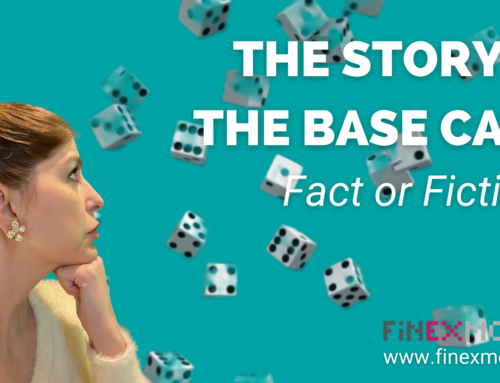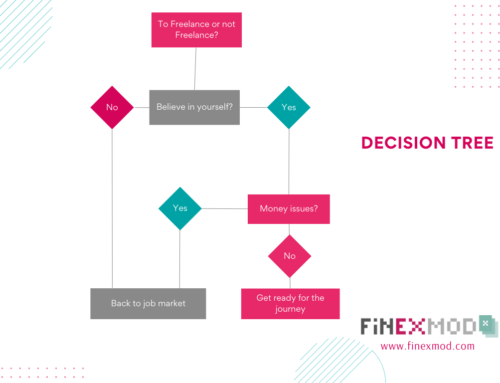When I am building a financial model for a business owner, it becomes like coaching and advisory, even if it’s not explicitly mentioned in the terms of the contract. The reason is that I am helping business owners develop a roadmap for their business. That’s why I stress that financial modelers should focus more on developing soft skills.
I had the chance to learn from my sister, Nobieh Kianyfard, a therapist and wellness coach. She provides coaching for both personal and corporate clients in leadership, women’s empowerment, dance therapy, and general wellness. Through her, I gained insights into human nature and how to empower people to succeed.
In this post, I want to share a few things I would never typically tell an entrepreneur.
The journey is challenging
When successful people talk about their accomplishments, they often share stories of their hardships and challenges. It’s valuable to learn from other people’s mistakes, but there is a time and place for discussing difficulties. It’s appropriate to discuss challenges when someone comes to you with a similar problem and asks for a solution. However, if someone shares their business success and primarily lists the difficulties and challenges they faced, it’s often because they feel the need to emphasize the significance of their journey by highlighting their suffering. Otherwise, they might think they’re not worth it. So, I won’t advise an entrepreneur to prepare for a bumpy journey. Neither will I paint an overly optimistic picture. We establish a realistic base case and examine what might happen if issues arise. However, the base case consistently performs as expected.
Be Self-sufficient
I once shared a business idea with a friend who is a business owner, and she advised me not to rely on anyone else. She said, “People like you and me have to work extremely hard and do it on our own.” However, I knew that, in reality, she received assistance at various points in her journey. When she was at the idea stage, my sister lent her some money, and she later found a fantastic business partner with the exact skills she lacked. It became clear to me that people have different definitions of help. For some, help means receiving a ready-to-run business, while for others, like me, even an inspiring podcast or a book can be considered help. If you can recognize these subtle forms of support that guide you on your journey, you’ll soon encounter numerous collaborative opportunities along the way. When you encounter problems, solutions, and help are always within reach.
You are taking a risk
Most of my work involved working with developers on infrastructure projects, known for being the most risk-tolerant in the field. They undertake projects at a very early stage, bearing significant financial risk. They are, in fact, taking substantial risks. Imagine working in industries like oil and gas or mining, where you must invest millions of dollars in exploration, with the known possibility of failure or success. Those who proceed and succeed are indeed risk-takers. From my perspective, taking risks is a consequence of a strong belief. It requires unwavering faith in success to enable individuals to take such significant known risks. Therefore, instead of viewing entrepreneurs as people who take enormous risks, I see them primarily as staunch believers in their success.
Stick to your plan
Ironically, while I advocate for creating a plan, it’s unwise to adhere to your initial plan rigidly. Why? Because you establish a base case at one point, but as you progress, you should regularly revisit and adjust your base case. Don’t hesitate to make changes, even if the reality you encounter differs from your initial plan. Consider it an opportunity to adapt as you identify issues one by one.
Focus on profit
I refrain from directing someone’s focus. I choose to work with individuals who are passionate about their business and projects. To succeed in business, you must be driven by a motivation beyond money. When you hear from most successful entrepreneurs, they often express their astonishment at the scale of financial flow within their business. So, let yourself be surprised because if you have a strong belief and passion for your idea or project, money will flow naturally. If your driving force is your passion for your business, you can also enjoy the journey toward wealth.
I firmly believe that all market participants are not merely rational consumers and producers driven solely by self-interest; we are emotional beings. Our primary driver is feeling good. If the foundation of our business is rooted in feeling good and also contributes to the well-being of others in our individual utility functions, then we can develop structures, businesses, and plans that collectively lead us to the equilibrium point where all participants feel good and work together toward the well-being of everyone.



